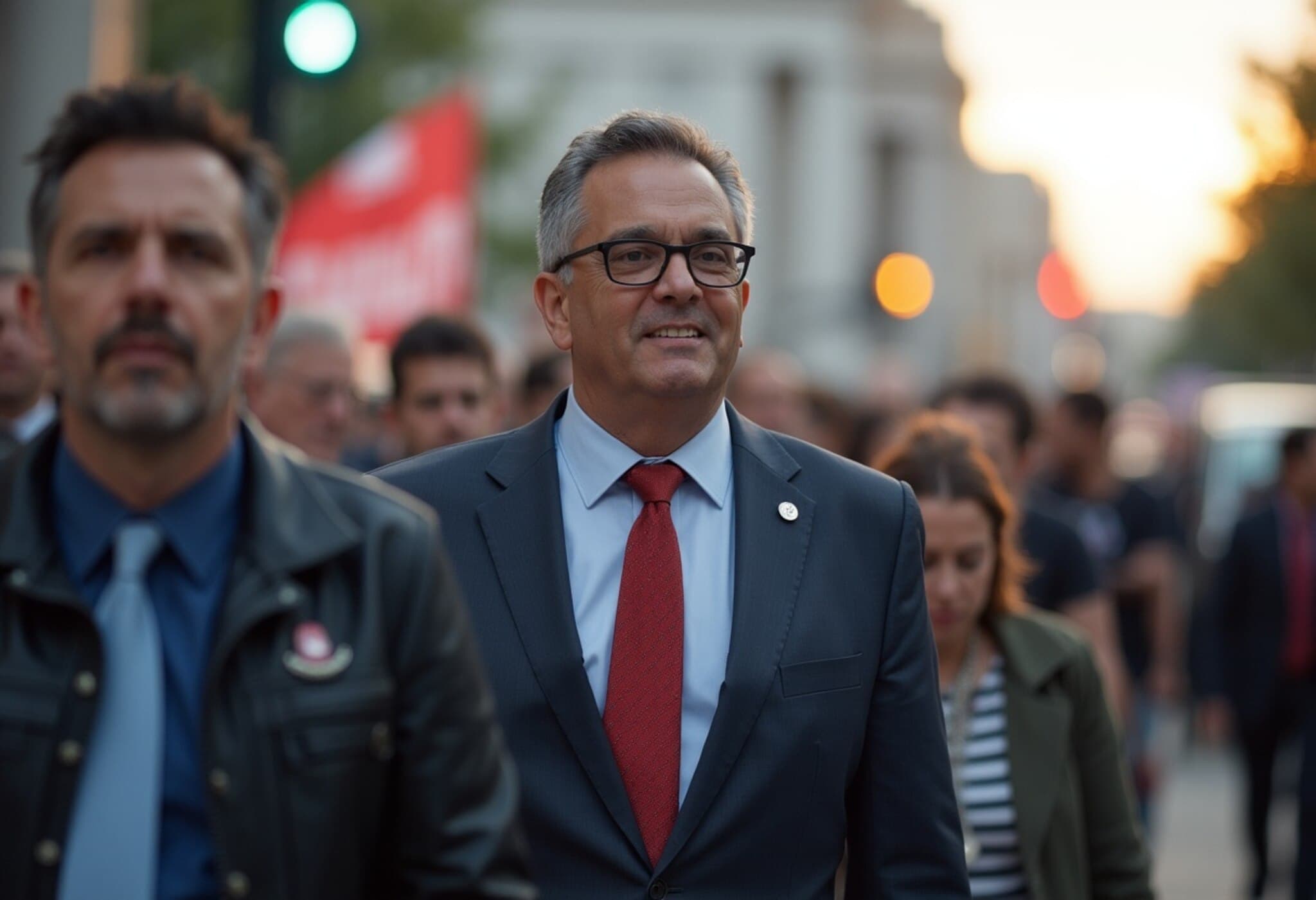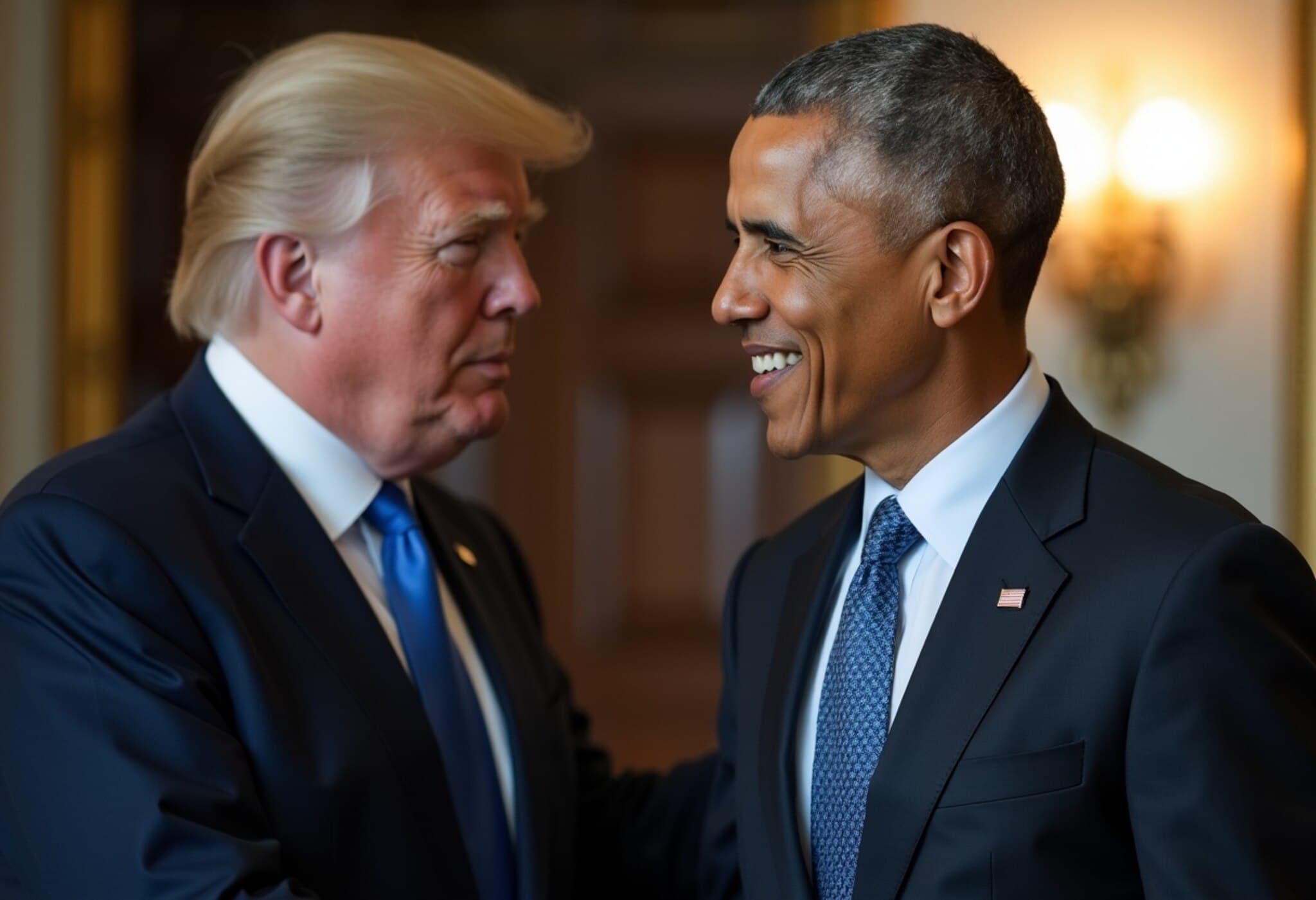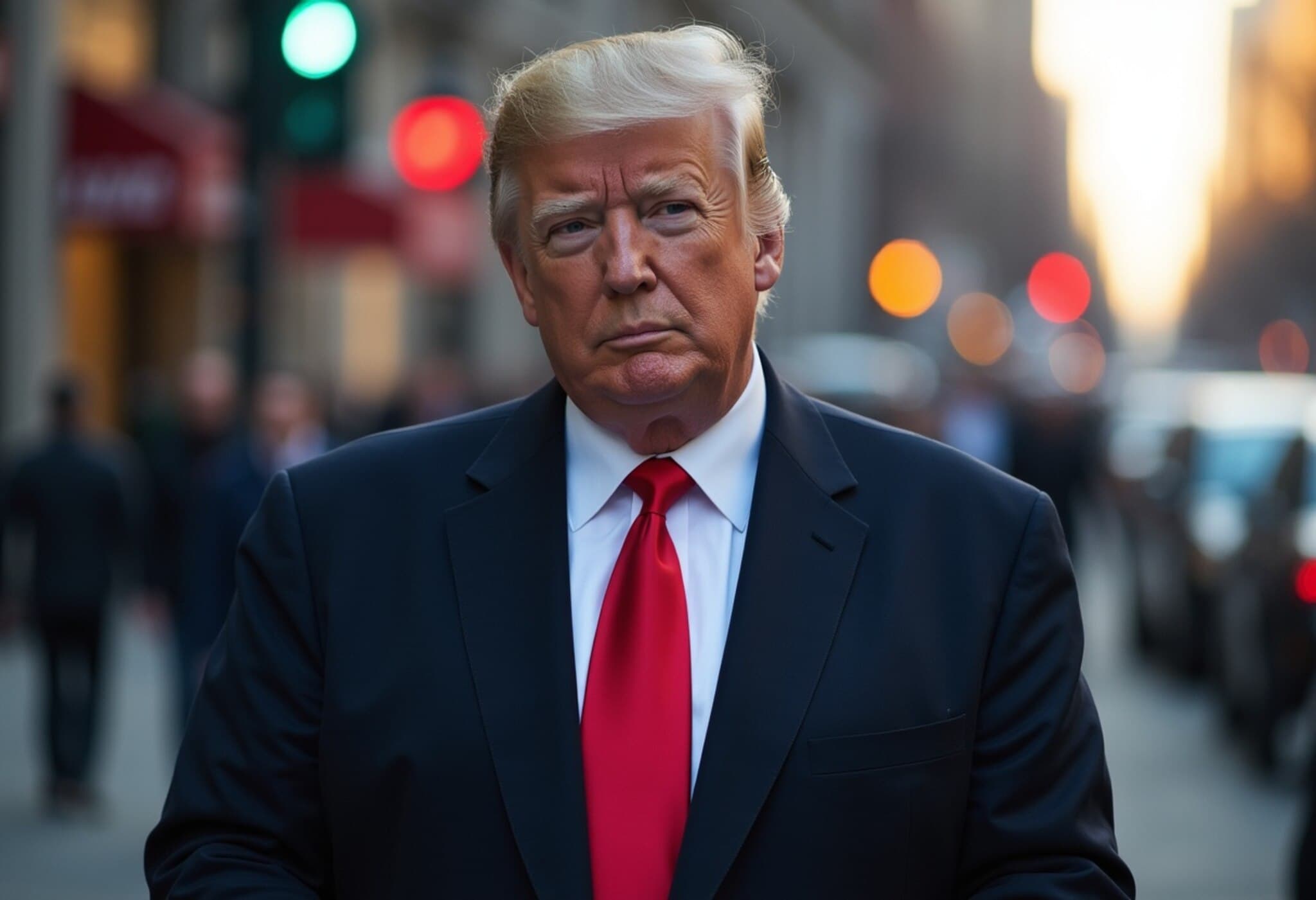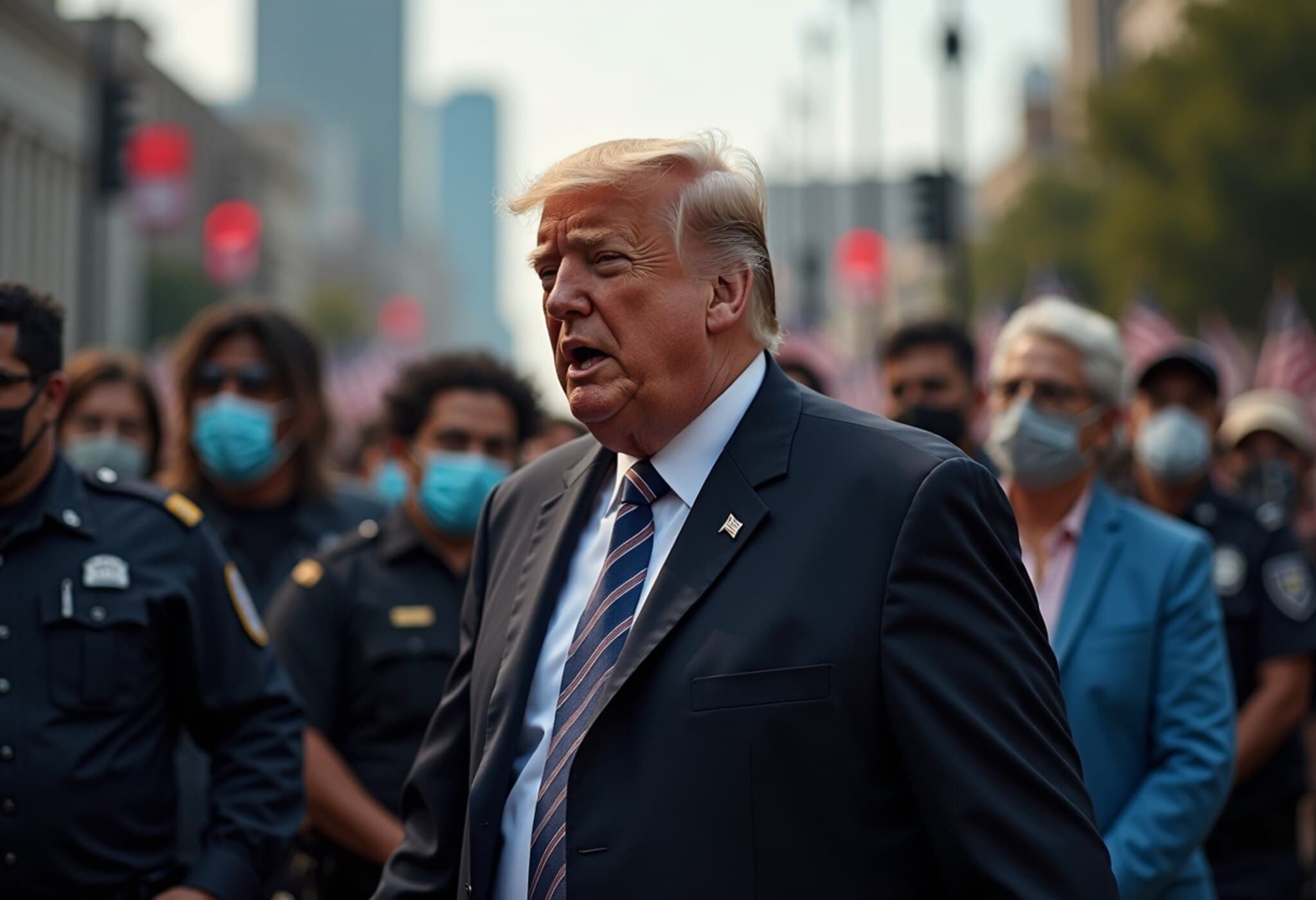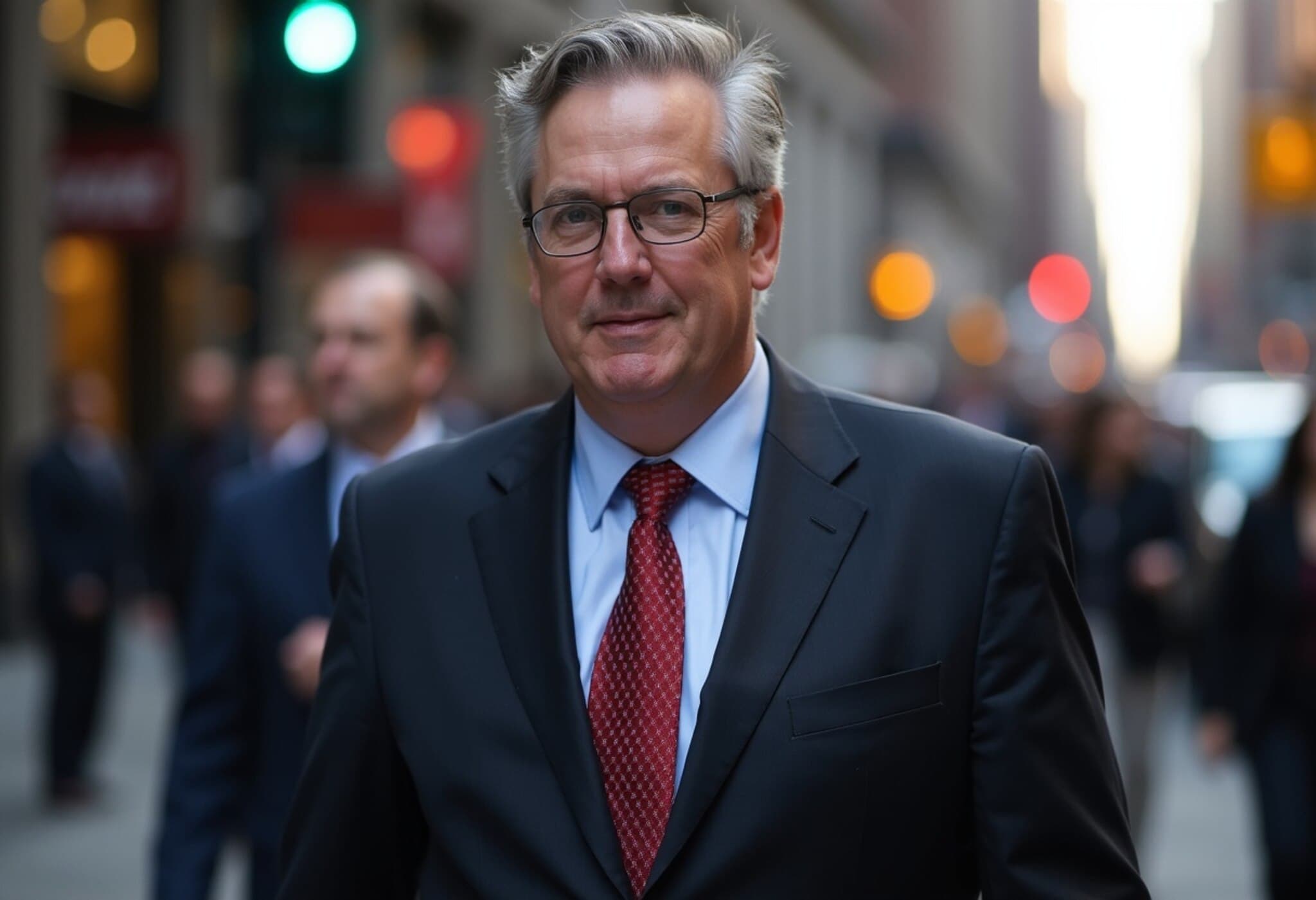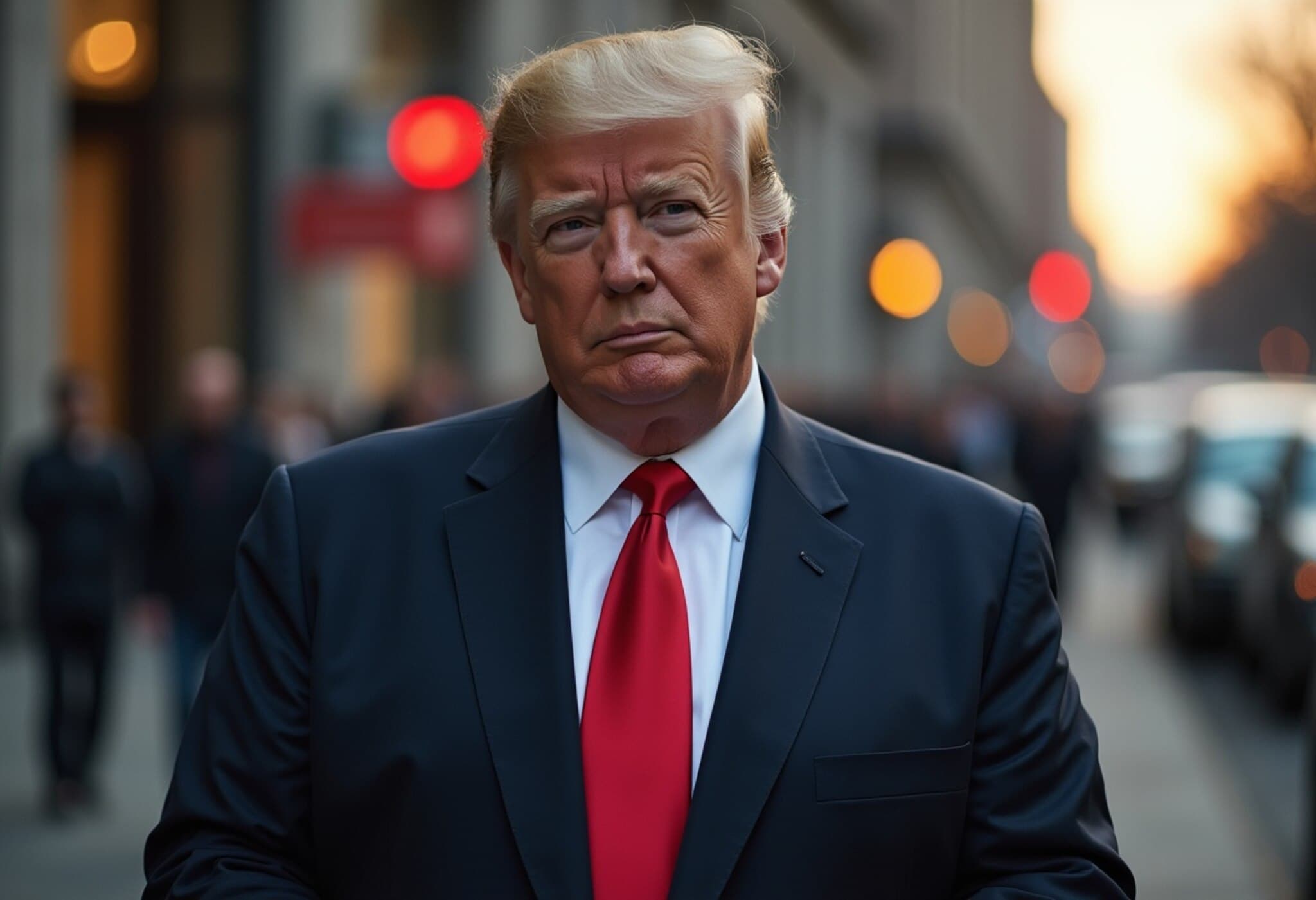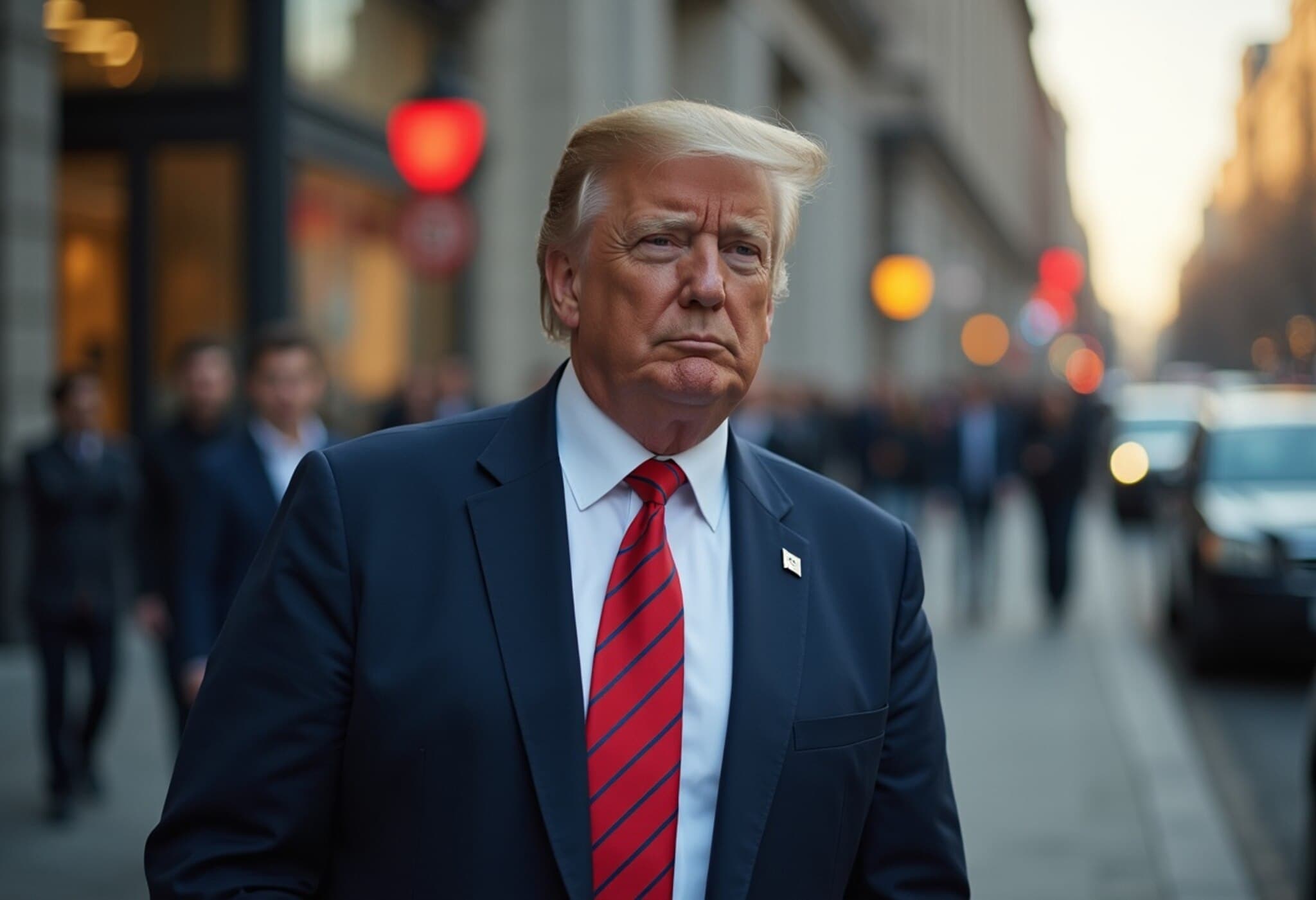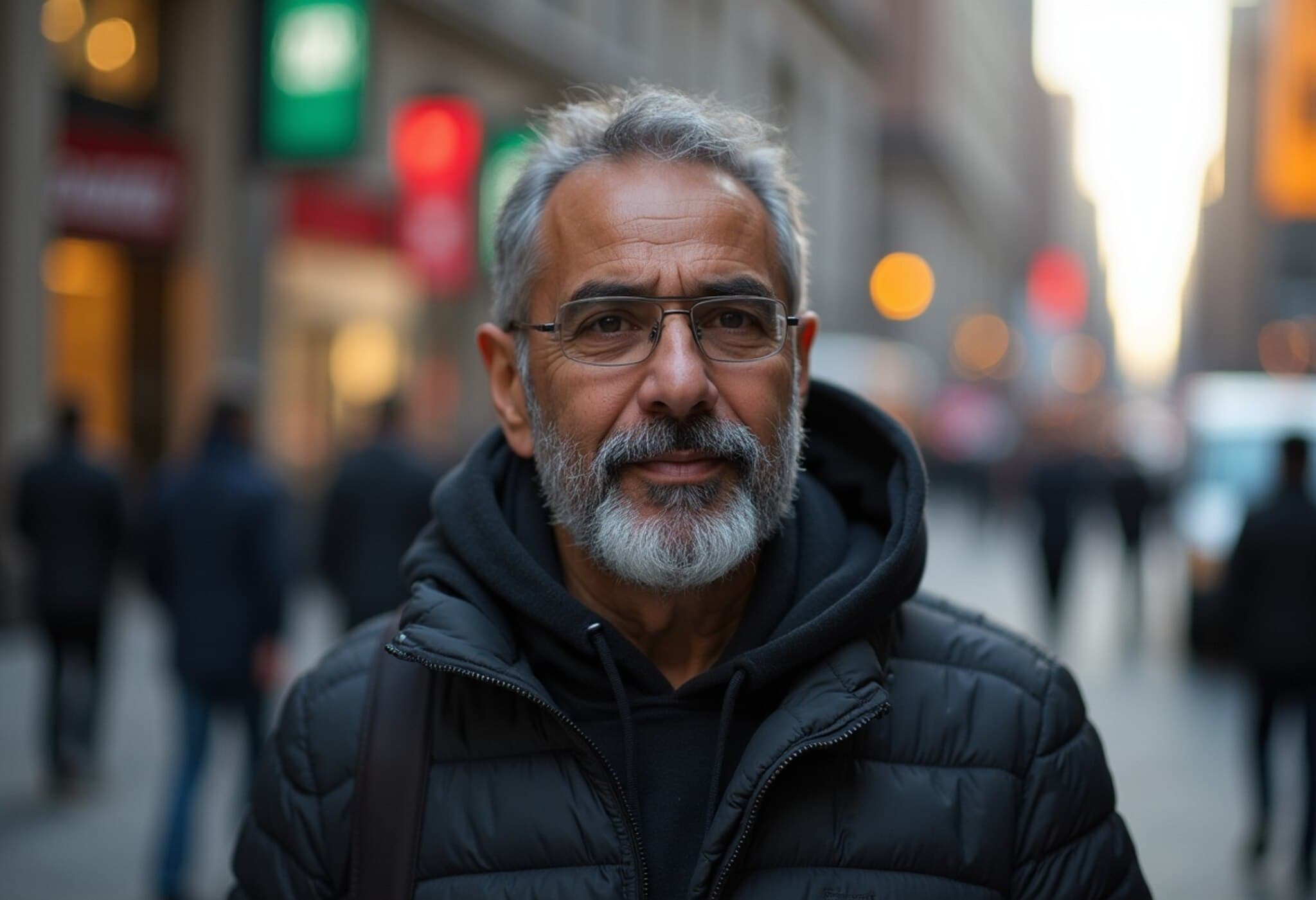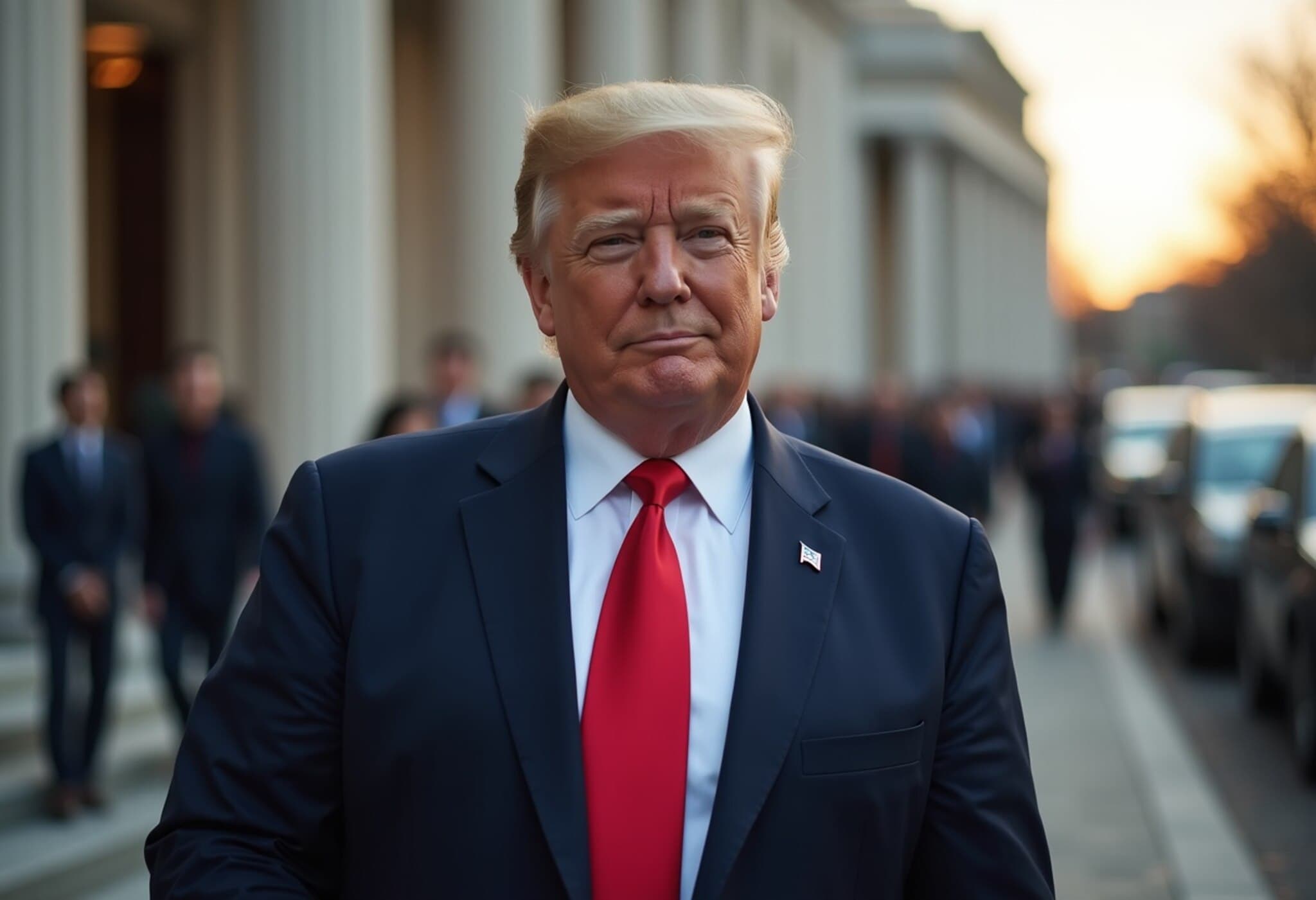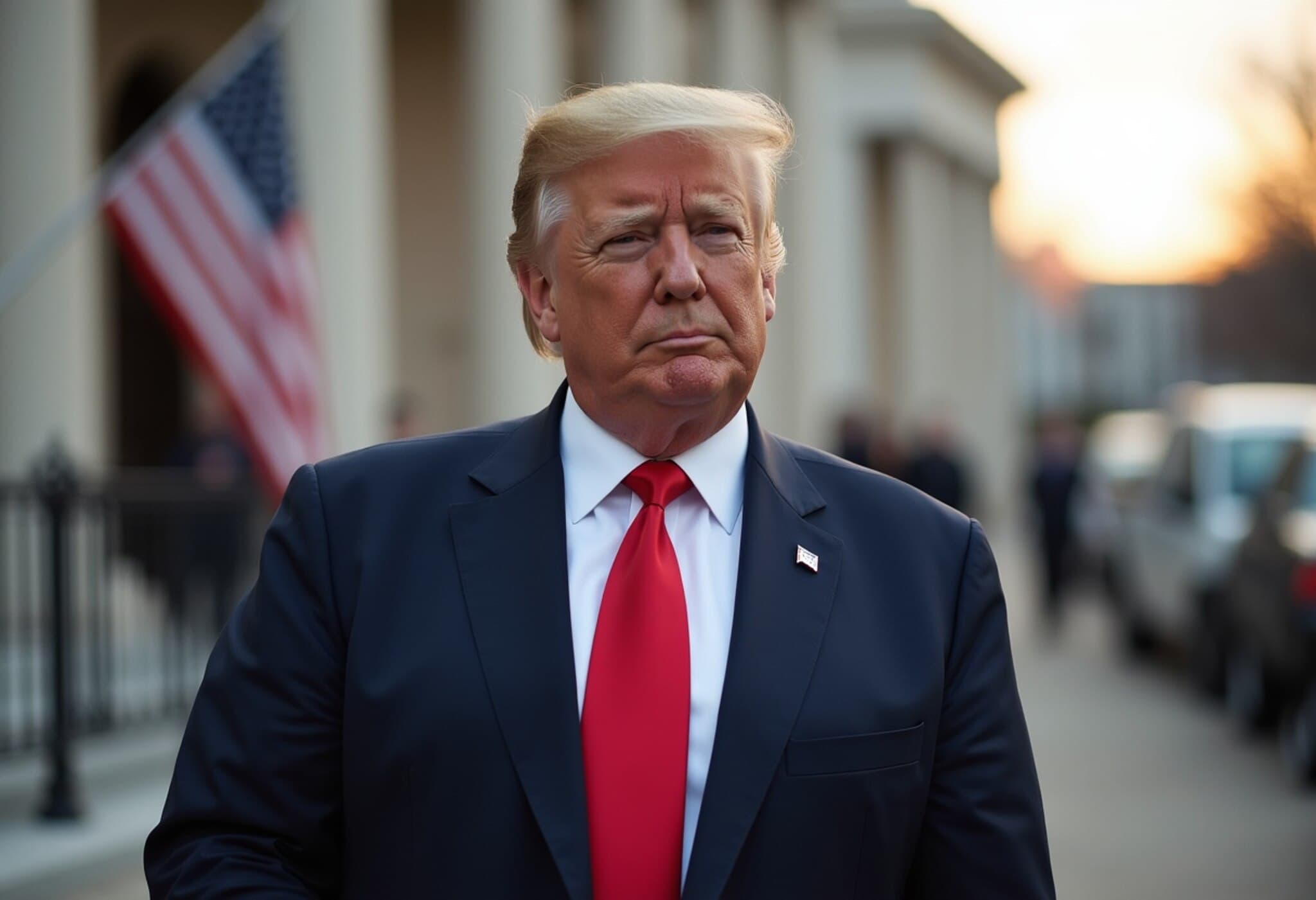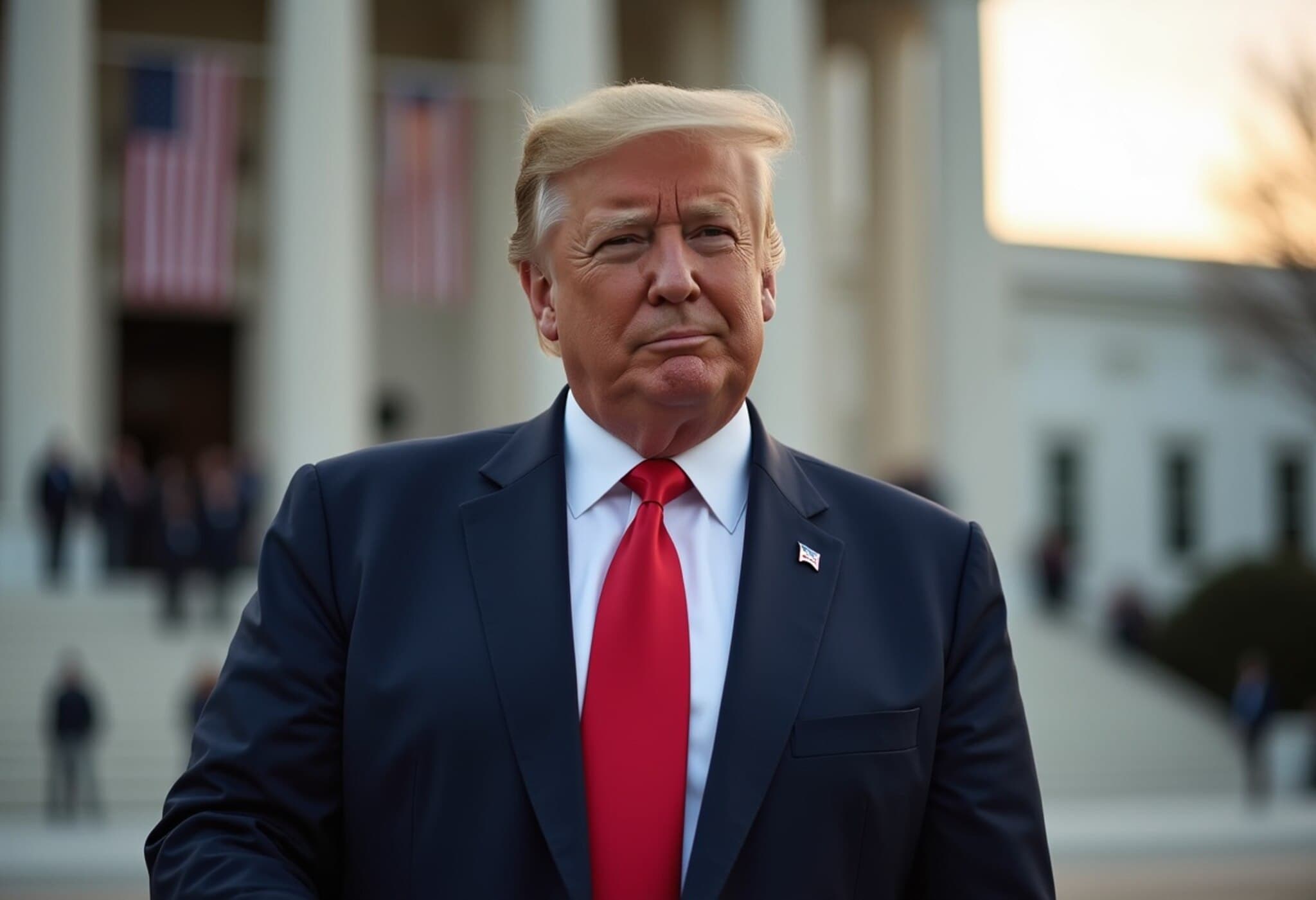Supreme Court Blocks Enforcement of Florida’s Immigration Crackdown
On July 10, 2025, the U.S. Supreme Court declined to lift a federal judge’s injunction that has halted enforcement of a highly contentious Florida immigration law. The law, sponsored by Florida’s Republican legislature and signed by Governor Ron DeSantis earlier this year, criminalizes the unlawful entry of immigrants into Florida. However, this state statute is now on legal hold amid questions of federal versus state authority over immigration policy.
Federal Judge’s Preliminary Injunction Honors Constitutional Boundaries
U.S. District Judge Kathleen Williams, based in Florida, issued a preliminary injunction blocking the law's enforcement. She concluded that the Florida measure directly conflicts with federal immigration authority — a power exclusively vested in the federal government according to longstanding constitutional jurisprudence. Florida officials had sought emergency relief from the Supreme Court to proceed with enforcement despite the injunction, but the Supreme Court’s brief unsigned order denied this request without dissent, leaving the lower court’s ruling intact for the time being.
Legal and Political Stakes: States Versus Federal Immigration Control
The Florida law imposes stiff mandatory minimum sentences ranging from nine months to five years for undocumented immigrants caught entering Florida after previously being deported or ordered removed by federal authorities. Notably, it excludes individuals authorized to remain under federal immigration relief programs but does not provide exemptions for those seeking humanitarian protections—raising concerns among immigration advocacy groups.
Florida’s Attorney General James Uthmeier, a prominent Republican, spearheads the state’s defense, asserting the law complies rather than conflicts with federal statutes. This contention echoes a broader national debate: To what extent can states enact immigration measures without overstepping federal jurisdiction?
Voices from the Frontlines: ACLU and Advocacy Groups Weigh In
The American Civil Liberties Union (ACLU) swiftly filed a class-action lawsuit on behalf of undocumented immigrants and farming communities who regularly traverse Florida’s borders for seasonal employment. Cody Wofsy, Deputy Director of the ACLU Immigrants’ Rights Project, emphasized the ruling as a reaffirmation of a foundational legal principle—states cannot regulate immigration independently.
“It is past time for states to get the message,” Wofsy said, reflecting on the 150-year precedent underscoring federal exclusivity in immigration lawmaking.
Broader National Context: Echoes of Trump-Era Policies in Florida
Florida’s aggressive stance on immigration closely mirrors policies championed by former President Donald Trump. His administration, represented by America First Legal—a conservative legal group co-founded by Trump aide Stephen Miller—endorsed Florida’s legal battle. On the ground, Governor DeSantis and Trump made a striking joint appearance this summer at the "Alligator Alcatraz" migrant detention center in the Florida Everglades, underscoring the political volatility surrounding immigration enforcement.
The detention facility, projected to cost $450 million annually and hold up to 5,000 migrants, symbolizes the state’s commitment to a hardline approach, one that continues to divide national discourse on immigration reform and humanitarian relief.
Implications for Immigration Policy and State-Federal Relations
This case highlights the persistent tension between individual states’ desires to control immigration flows within their borders and the federal government’s constitutional prerogative. The Supreme Court’s reluctance to immediately override the district court’s injunction signals judicial caution in dismantling established federal supremacy over immigration, especially amid a highly polarized and politicized national landscape.
The upcoming months will be critical as the case proceeds through lower courts. Stakeholders on both sides will watch closely: for Florida, enforcing the law represents a bold assertion of state sovereignty; for immigrant advocates, it marks a vital defense of federally protected rights.
Editor’s Note
This judicial battle serves as a microcosm of America’s ongoing struggle to reconcile state initiatives with federal immigration authority—a dynamic charged not only with legal implications but also real human consequences for immigrant communities. It invites important questions: How far should states be allowed to go in creating immigration policies? What safeguards ensure immigrants’ rights amid political and partisan pressures? And finally, how will this shape the future legal landscape of immigration enforcement in the US?
As this story unfolds, careful attention to the balance of power will remain essential to understanding America’s complex immigration debates.

